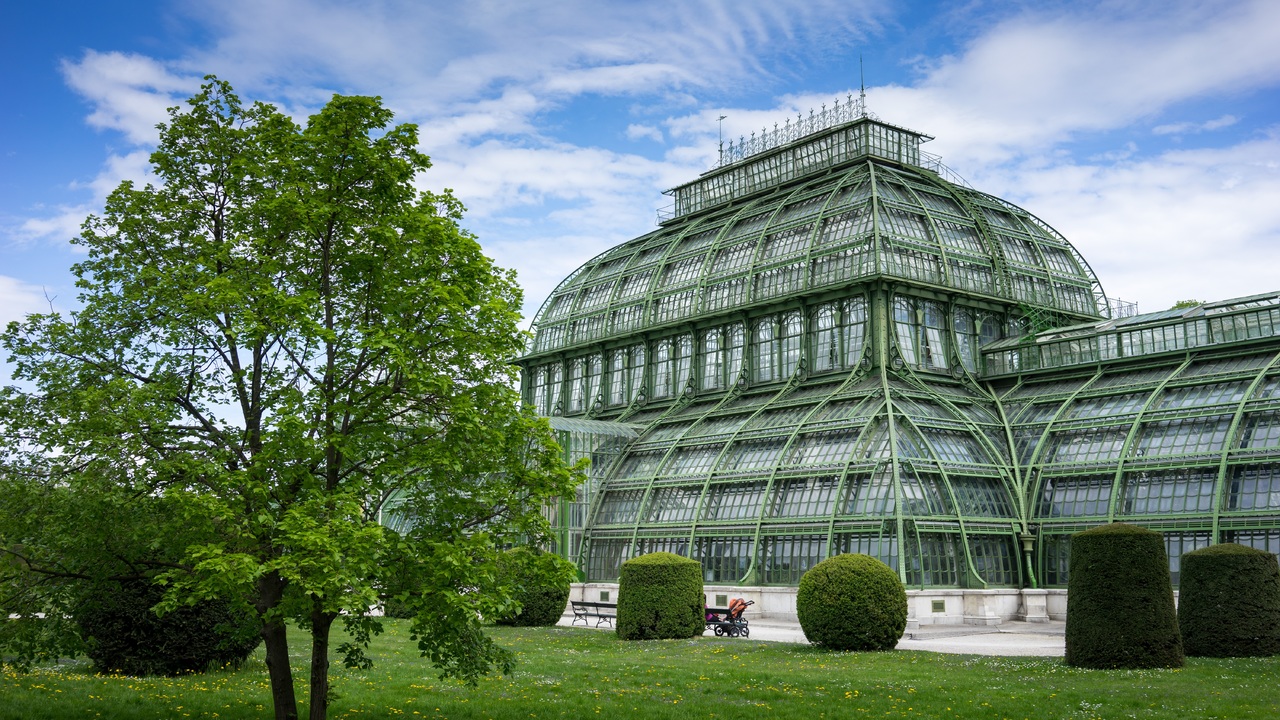
Generating about one third of its energy from renewables, Vienna is at the forefront of green energy on the European continent. And as for green spaces? Even though this is a modern metropolis, you'll find so many parks and other green spaces that a walk through town will remind you of a country retreat. No need to rent a car here; public transportation is the main mode of transport for locals and visitors alike.
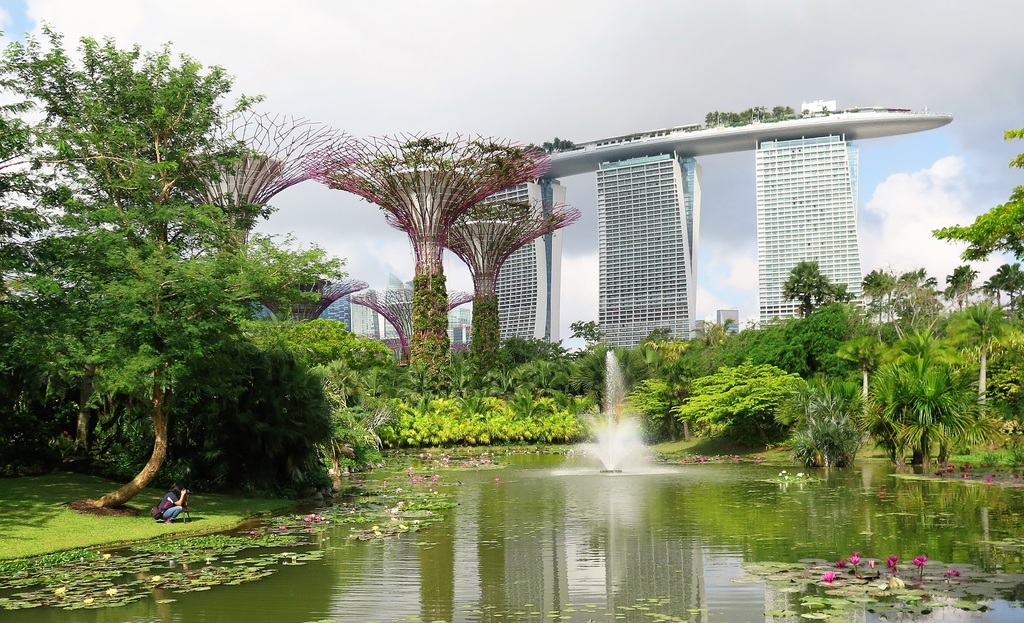
You might not think of Singapore as a green city when you first look at it; all of those skyscrapers seem to suggest the opposite. But look a little closer and you'll see that these modern structures are full of green doors, vertical gardens, and lots of solar panels creating sustainable energy. They don't call this place the "Garden City" for nothing. Stroll the streets and you'll see an abundance of trees that prove the point.
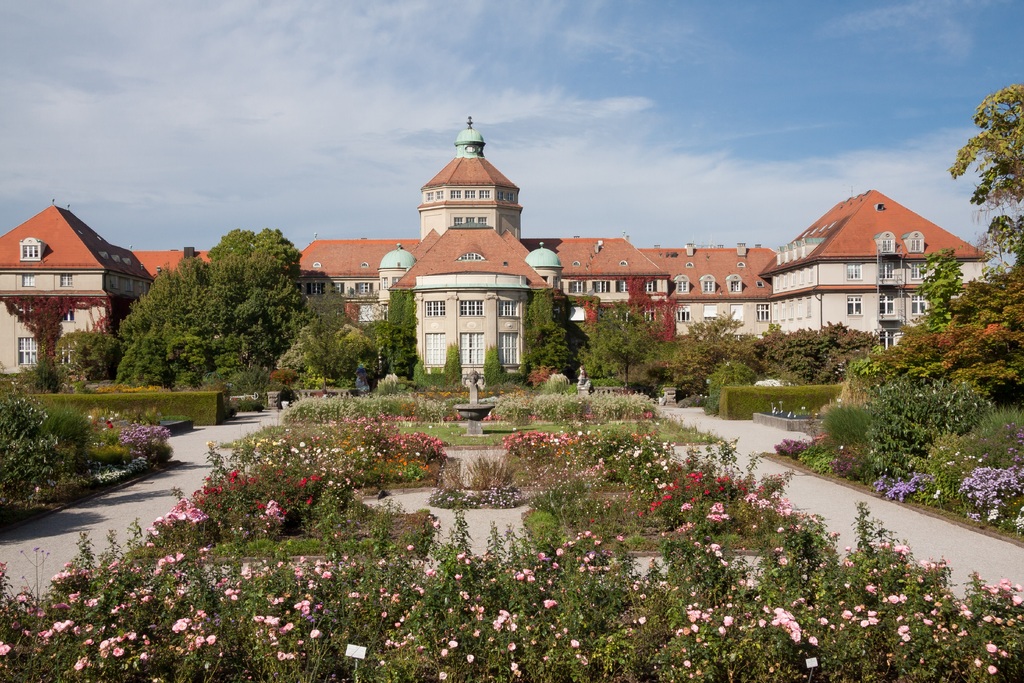
This German city gives Amsterdam some stiff competition when it comes to bicycles: about one fifth of the transportation in the two is of the two-wheeled variety. Walking is also a popular way to get around. Plus Munich is making serious headway in renewable energy, with investments in geothermal energy, wind power, and solar energy that's on track to make the city entirely renewable over the next decade.
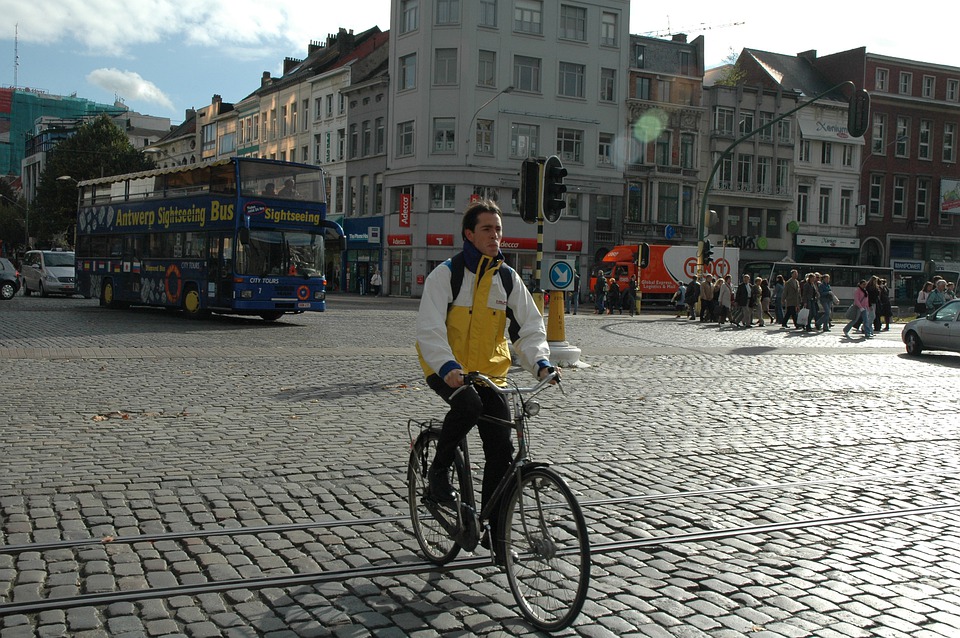
Another city that's making great strides in its drive to consume only renewable energy, Copenhagen's streets are lined by bike lanes, buses run on electric power and they use trash to create energy. Really! Copenhagen is home to a massive facility that turns trash into usable energy. They even put a ski slope atop the plant to give it even greater use.
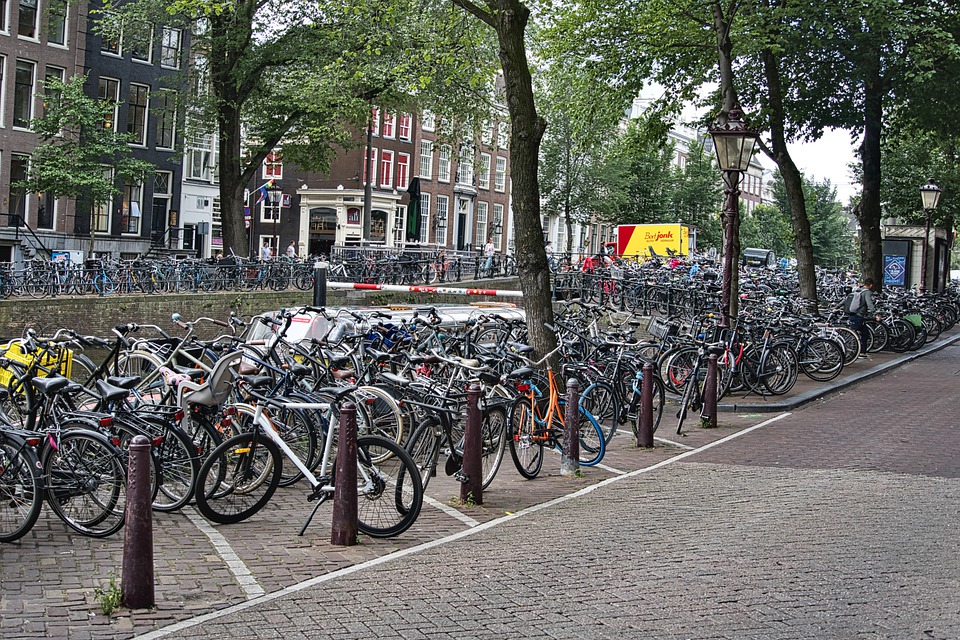
Travel doesn't get much more eco-friendly than in Amsterdam, a town that's crossed by miles and miles of bicycle paths. For about 25% of the town's residents, this is the main way that they get around town. Add in a dining scene that leans heavily towards vegetarian fare and this is one city that truly knows how to lower its carbon footprint.
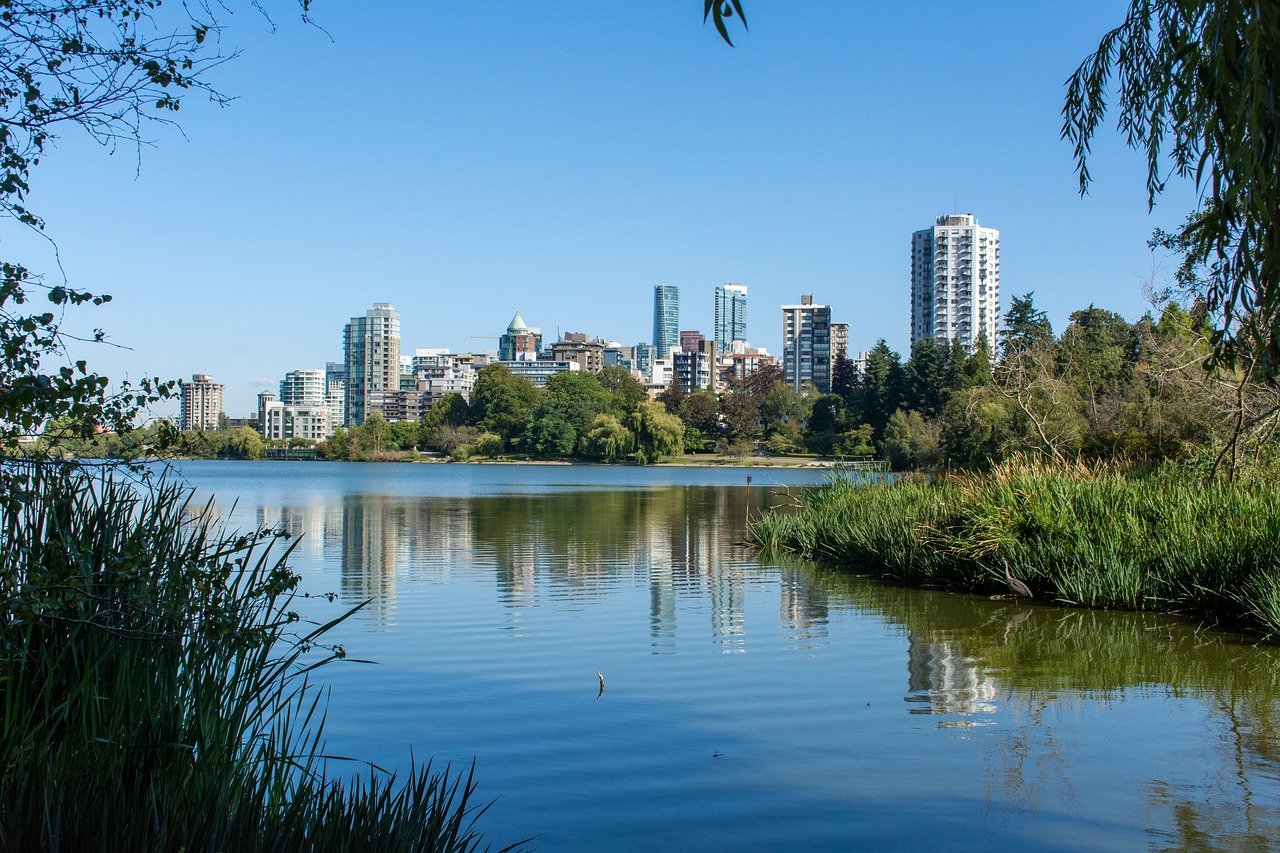
Hydro power reigns in Vancouver; about 90% of the energy that the city uses comes from this renewable resource. And if you want to escape to green spaces in Vancouver, you've got around 200 public parks to do so. The city is particularly creative with its use of solar power — with trash compactors on city streets that use the power of the sun to take care of rubbish.

This eco-friendly Brazilian city started its first recycling program back in 1991, when recycling was barely even heard of across Latin America. today the town recycles about 70% of the e waste it produces. A decades-old program to plant trees has left the town with lots of green lanes, and you'll find public parks all across the city.
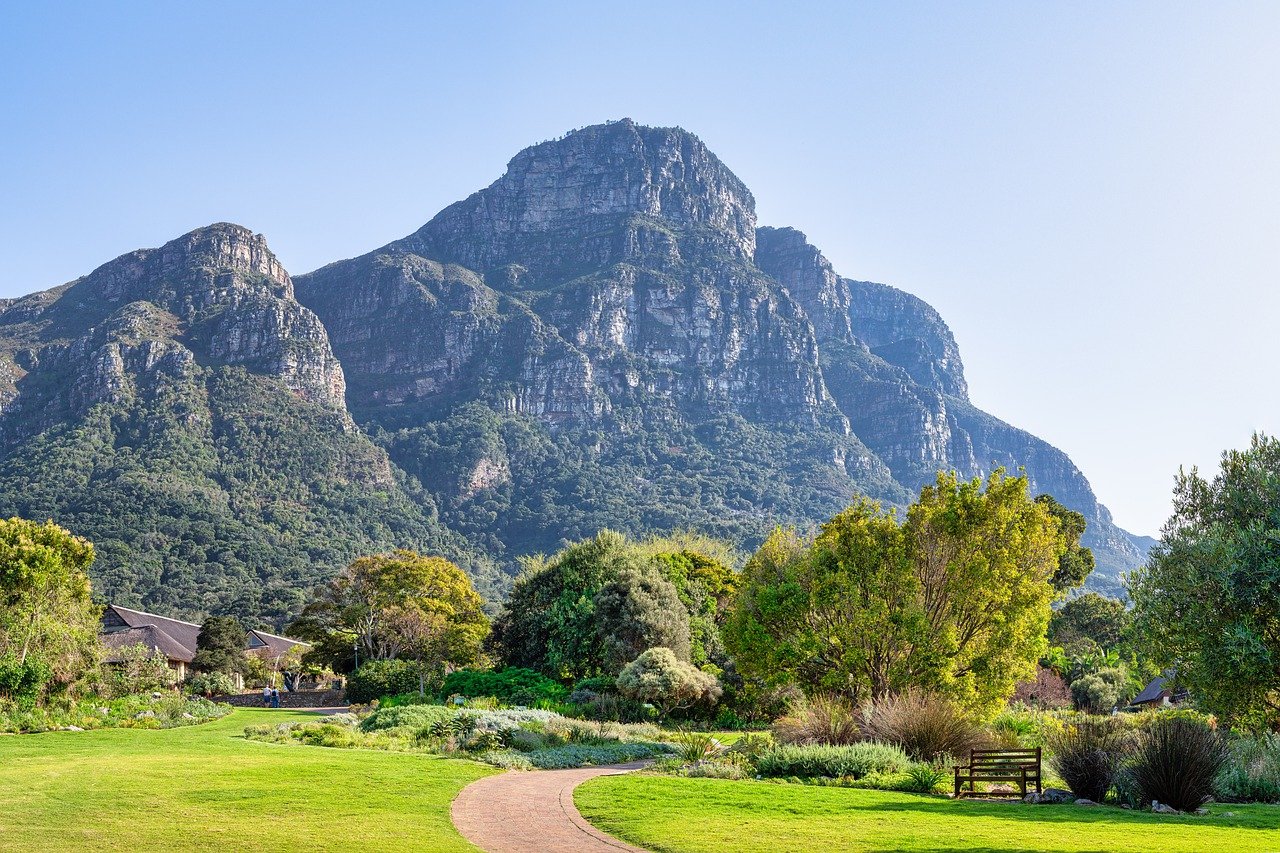
The metropolis in South Africa has harnessed the power of wind to provide much of its energy, utilizing a wind farm that was completed in 2008. Solar energy comes a close second, with panels on buildings all over town.
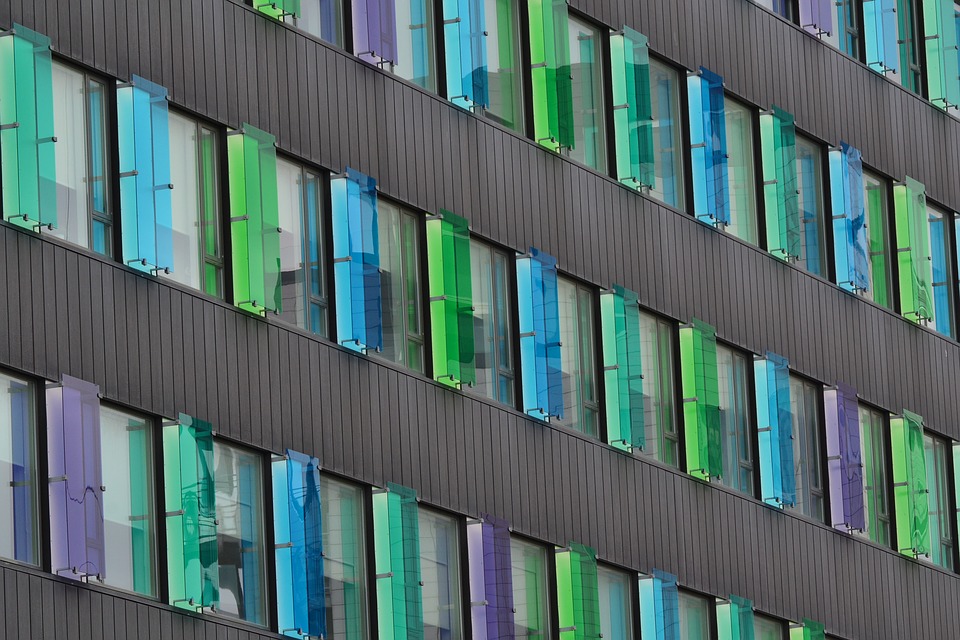
As Iceland sits atop a massive reserve of geothermal energy, it makes sense that its capital city harnesses the power to go green. If you flip on any light switch in the city, chances are pretty good that the power comes from deep within the earth with nearly no carbon footprint. Add in the fact that Reykjavik has green spaces all over town, and this is one city that really knows how to go green.
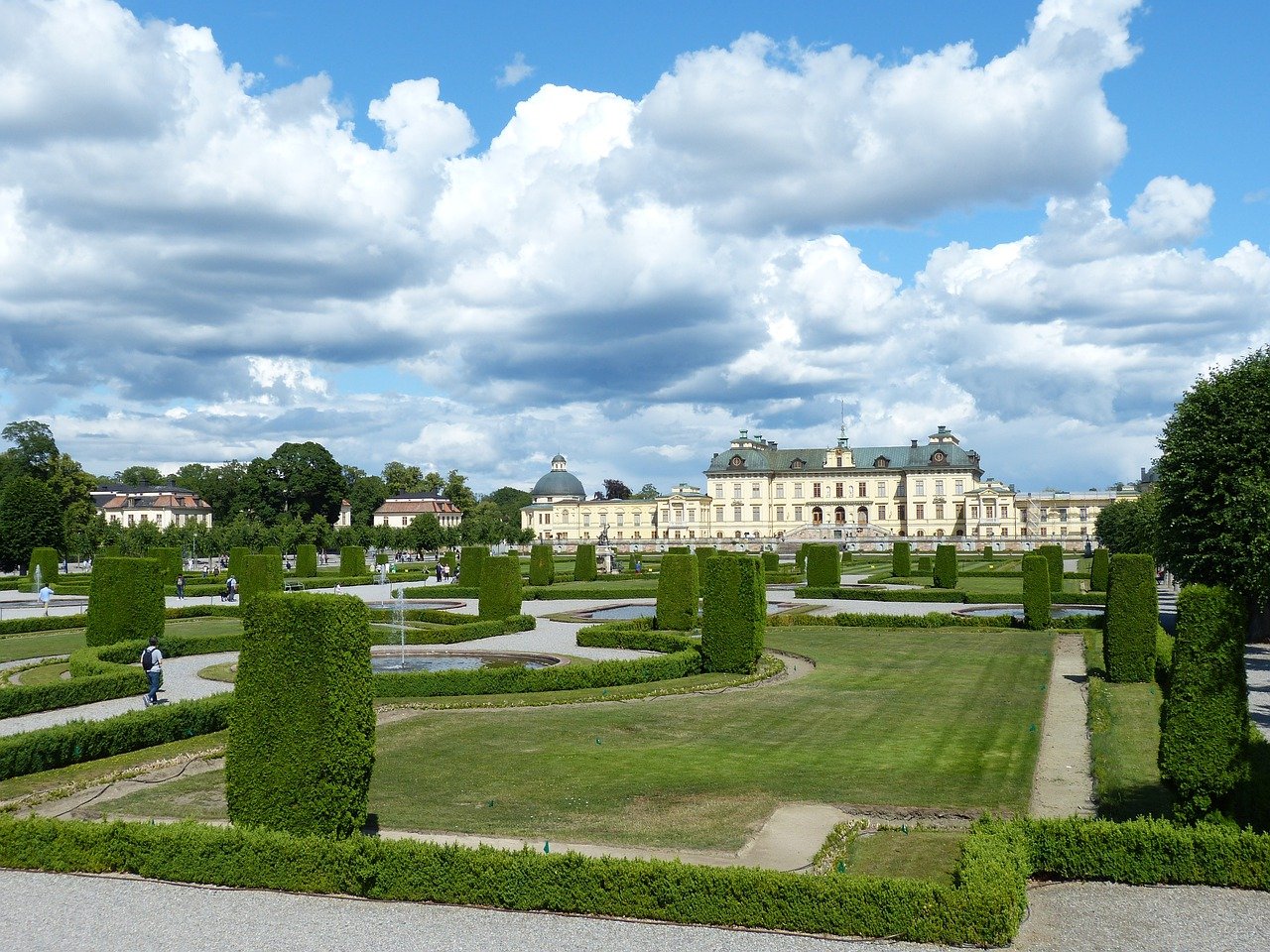
If Europe has a granddaddy of going green, Stockholm would certainly be it; this city has been working on green initiatives since back in the 70s before lots of folks even gave a thought to the environment. You will find hundreds of miles of bicycle lanes crisscrossing the city, linking a vast network of parks and other green spaces. As for the sewage they generate, they convert that into biofuel.
The world's most environmentally friendly cities are waiting. Which of these eco-friendly cities will you visit first?
© Copyright Vagabuzz.com - All Rights Reserved